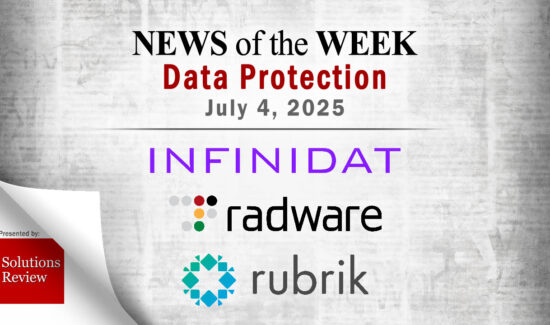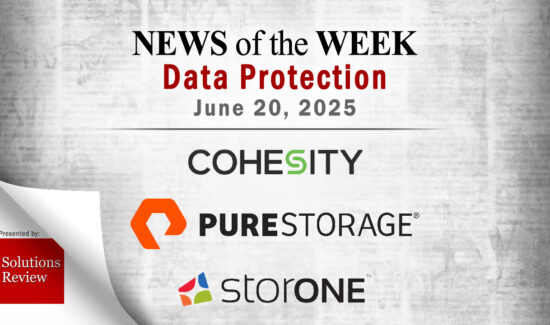Symantec DLP 14 Gives CIOs Control Over Vital Cloud Data

Symantec, a giant in data protection and security announced yesterday the global availability of Symantec Data Loss Prevention 14 (DLP), an expansive new cloud offering that provides CIOs with more control and visibility over their organization’s important data. DLP 14 will inspire greater confidence that employees can take advantage of storing data in the cloud without having to worry about theft or loss.
Amit Jasuja, Senior VP of Product Development at Symantec explains: “Symantec Data Loss Prevention is a content-aware security technology that helps companies understand where their sensitive corporate information is being stored, how it’s being used and how to protect it against loss and theft. With the latest release, we are extending DLP to cloud email and storage to provide our customers the control and visibility they need to secure their sensitive information as they take full advantage of the cloud. We’ve also announced a new, robust integration with Box, as it’s one of the top requests we’ve seen from our DLP customers.”
The two most notable features of the new offering include:
Data loss prevention for cloud email
Microsoft Office 365 support is new in DLP 14 for companies who use cloud-based email. Current DLP customers can now apply the same data protection policies they use on-premise or in the cloud.
Data loss prevention for cloud storage
The solution provides deep visibility into sensitive data that organizations collaborate on in Box. Symantec DLP for Box integrates with the platform to oversee employee accounts, offering deep analysis into data that is considered sensitive, looking at how it is being used, and with whom it is being shared. In addition, when sensitive files are detected, DLP for Box places visual tags on the data and allows users to self-remediate the files directly.
Symantec DLP 14 also includes an endpoint agent, enabling the protection of sensitive data for users of personal Cloud File Sync & Share. The solution can monitor and prevent users from syncing sensitive work files from their desktops to personal cloud services like Box, Microsoft OneDrive, iCloud, Google Drive, and Dropbox.
Click here for the full press release.




















